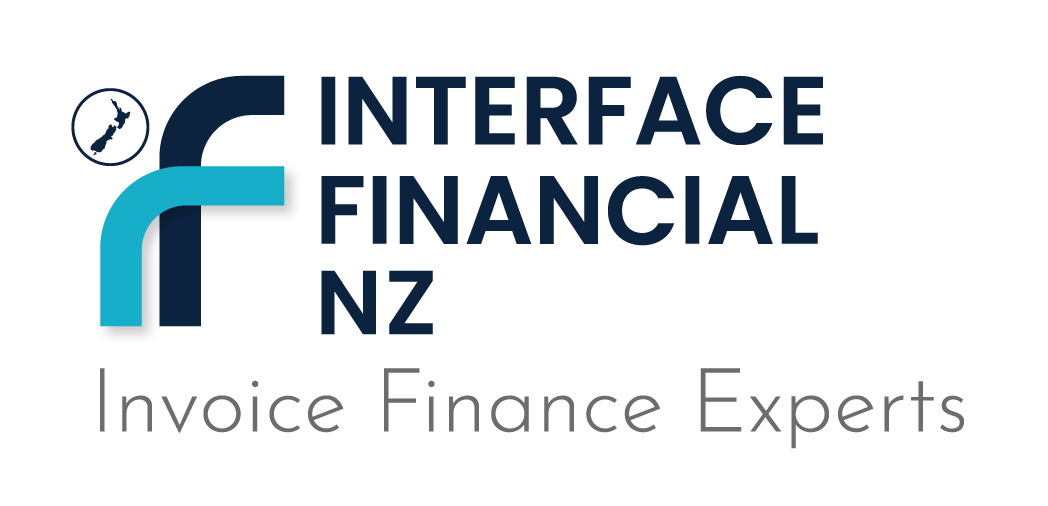GOVERNMENT SHOULD KEEP HANDS OFF UNIVERSAL DEFERRED PAYMENTS (January 30, 2019)
Getting invoices paid 90 or 120 days after due date by large corporate companies, commonly called Universal Deferred Payment (UDP), is not a bad thing for small businesses and signals from Government to stamp it out will not help SMEs.
The Government released a discussion document, just before Christmas, considering additional legal protections against “unfair” commercial practices including UDP. Is this a good or bad thing? Does the practice of large corporates using UDP to withhold invoice payments impact adversely on their suppliers’ cash flow?
Director of Auckland-based accounting and business advisory firm NexGen Group, Peter Prema, says it will be difficult for government to interfere in how companies pay their suppliers and ultimately, unnecessary.
“We’re the accountants and coaches for a large number of small business owners who are on the UDP system. UDP really isn’t an inconvenience when you have the funding and the planning to manage through – most SMEs are just glad for the work.
“Invoice funding, proper cashflow planning and good terms of trade mean that small businesses can cope very well with this system of payment, provided they act responsibly,” says Prema.
Prema has a large number of clients in the trucking and logistics industry who rely on invoice funding because they’re on the UDP system with big clients like Mainfreight, New Zealand Post and Coca Cola Amatil, but he says the number of businesses – across a range of sectors – who are taking advantage of invoice funding is growing rapidly.
“Chartered accounting firms, lawyers, pre-schools and advertising agencies are just some examples. All kinds of businesses are tapping into invoice funding because cash is king.”
Prema, who has worked both within the corporate and small business sector, says companies, large or small, have a right to set their own terms and conditions.
“Those terms and conditions may be that you only get paid 90 days or 120 days. The Government cannot and should not legislate against that because it’s a ‘take it or leave it’ scenario – you choose whether to do business, or not do business, under those terms.
“These big organisations are not trying to screw the small business owner. Corporates have millions, even billions, of dollars going in and out, and they have layers of bureaucracy, management approvals and planning to work through before they can release money. It’s complex.”
He offers the following advice for small business owners who wait to get paid 90 to 120 days after invoice:
- Plan regular cashflow forecasts
“Do a cashflow forecast, whether it’s one, two or three months ahead, that covers dates, income and expenses. This will give you certainty and peace-of-mind.
“It is really important to stay on top of the numbers. You may have a contract and certainty around when you are getting paid, even if it is 90 days or 120 days, but it’s all the other variables like petrol, taxes and maintenance that trip you up.”
Prema says that if an SME operator becomes aware, for whatever reason, that a due payment is going to be late then they should talk to their financier quickly – don’t leave them in the dark.
- Review your finance options
Taking expert advice and exploring the best financial options for your circumstances is important.
“Invoice finance may charge fees between 5, 10 and 15 per cent of the invoice, but setting up an overdraft with a bank could cost $10,000 plus interest. Don’t even consider living off a credit card.
- Change your terms and conditions
“Make sure you have payment terms and conditions for your suppliers, or review your existing ones,” says Prema. “Instead of paying suppliers cash up front, negotiate terms with them.
“If they won’t agree payment, for example on the 20th of a month, find another supplier who will. It’s how the free market works.”
Prema says there is also always the option to increase your prices to compensate for financing an invoice, although this is often best negotiated at the start of a contract.
For more information: http://nexgen.nz/


